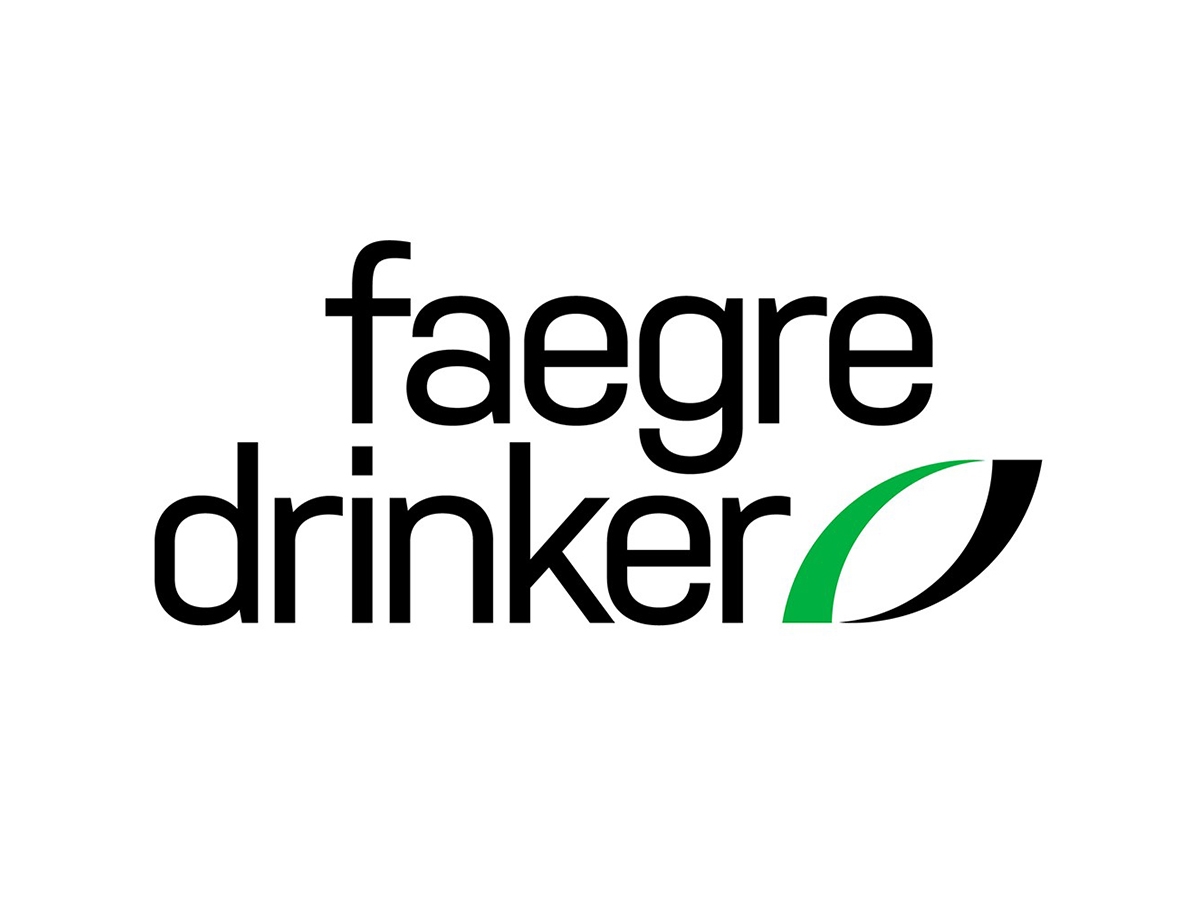
The Tax Cuts and Jobs Act restricted the tax benefits of like-kind exchanges under Code Sec. 1031 to real property, eliminating personal property from eligibility. Prior to the change, the focus under Code Sec. 1031 was what property was considered like-kind to other property. With the TCJA change, the focus has now shifted to what is real property.
In June 2020, the Treasury Department and the IRS issued proposed regulations seeking to define real property for like-kind exchange purposes.
This may worth something:
House to Vote on MORE Act, Federal Taxation of Recreational Marijuana

Federal legalization would have a massive impact on the marijuana markets in the states that currently allow sales and consumption—particularly on prices. Because legalization opens the way for interstate trade, it could revolutionize the business as brands become available nationwide and companies apply economies of scale. Currently, products must be grown, processed, sold, and consumed within state borders due to federal prohibition.
The MORE Act would impose a federal excise tax on marijuana at a rate of 5 percent. The tax would be levied ad valorem as a percentage of the retail selling price. Taxing based on retail prices means there is a taxable event with a transaction, allowing for simple valuation. Yet, while it may be simpler to levy the tax base d on price, it does not necessarily offer an equitable solution.
Substantiating an FDII Deduction: Certain Deal-Related Considerations Raised by New Regulations |

One of the cornerstones of the current U.S. international tax system, as revised under the 2017 tax law commonly known as the Tax Cuts and Jobs Act, is the deduction provided to U.S. corporate taxpayers under section 250(b) of the Internal Revenue Code (the Code), which results in a reduced, effective tax rate of 13.125% on “foreign-derived intangible income” (FDII) for tax years beginning after December 31, 2017 and before January 1, 2026.
The U.S. Department of the Treasury and the Internal Revenue Service (IRS) recently issued highly anticipated regulations (the Regulations) regarding FDII that, among other things, establish the records that must be maintained to substantiate any FDII deduction claimed (the Substantiation Requirements).
Additional BEAT regs. finalized - Journal of Accountancy

The BEAT final regulations retain the basic approach and structure of the proposed regulations (REG-112607-19) that were issued in December 2019, with certain revisions. Like the proposed regulations, the final regulations permit an election to waive certain deductions to avoid a potential cliff effect that had worried some taxpayers.
The BEAT is designed to deter large multinational enterprises from reducing their tax liability through certain payments made to foreign related parties and certain tax credits. To be subject to the BEAT, which functions essentially as a minimum tax, businesses must have average annual gross receipts of at least $500 million as well as a so-called base-erosion percentage above a specified threshold.
Many things are taking place:
Belarus unveils new transfer pricing framework | International Tax Review
Most taxpayers across the globe are struggling with interruptions to supply chains, falling income and margins, and a host of other crisis-related matters. Belarusian companies, in addition to these challenges, are also facing the launch of a new transfer pricing (TP) era with the introduction of new TP rules and greater enforcement behind TP audits.
Regulations coming on S corporations with accumulated E&P and GILTI - Journal of Accountancy

The IRS announced in a notice Tuesday ( Notice 2020-69 ) that it intends to issue regulations addressing the application of Secs. 951 and 951A to certain S corporations with accumulated earnings and profits (AE&P). The regulations will allow S corporations to elect to have global intangible low-taxed income (GILTI) inclusions increase the S corporation's accumulated adjustments account (AAA).
Under the forthcoming regulations, S corporations with AE&P on Sept. 1, 2020, will be able to transition from the historic entity treatment and the hybrid treatment in Prop. Regs. Sec. 1.951A-5, to the aggregate treatment under the final regulations in T.D. 9866, issued in 2019.
Colombia publishes new guidance on the tax incentive for ... Tax

On August 21, the Colombian tax authority published guidance aimed at clarifying the mega-investment regime.
The mega-investment regime is a Colombia tax incentive program available to companies that intend to generate direct jobs (minimum 400 jobs) and investments with a value equal to or greater than 30,000,000 UVT (approximately USD 289,880,597) within the national territory. Industrial, commercial, or service activities will qualify for the Colombia tax incentive, except extractive activities.
For Virtual Events, Is UBIT an Issue? You Bet | MeetingsNet

Happening on Twitter
We've launched a consultation to hear your views on the role tax and the fiscal framework can play in Scotland's re… https://t.co/YXpXGeiJjr scotgoveconomy (from Scotland) Thu Sep 03 17:04:43 +0000 2020
Joe Biden's $4 trillion tax hike plan would raise taxes on households at every income level, reduce wages for worki… https://t.co/1o56U2ZZSM taxreformer (from Washington, D.C.) Sat Aug 29 18:04:01 +0000 2020

No comments:
Post a Comment